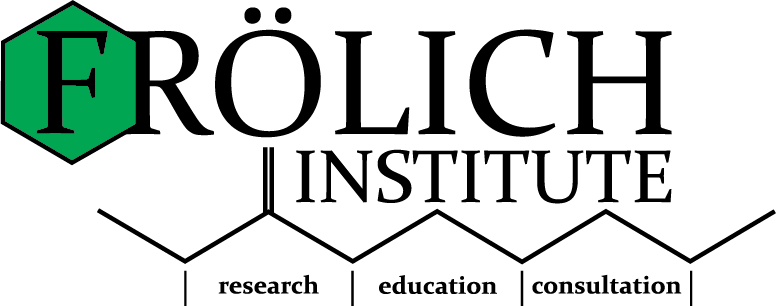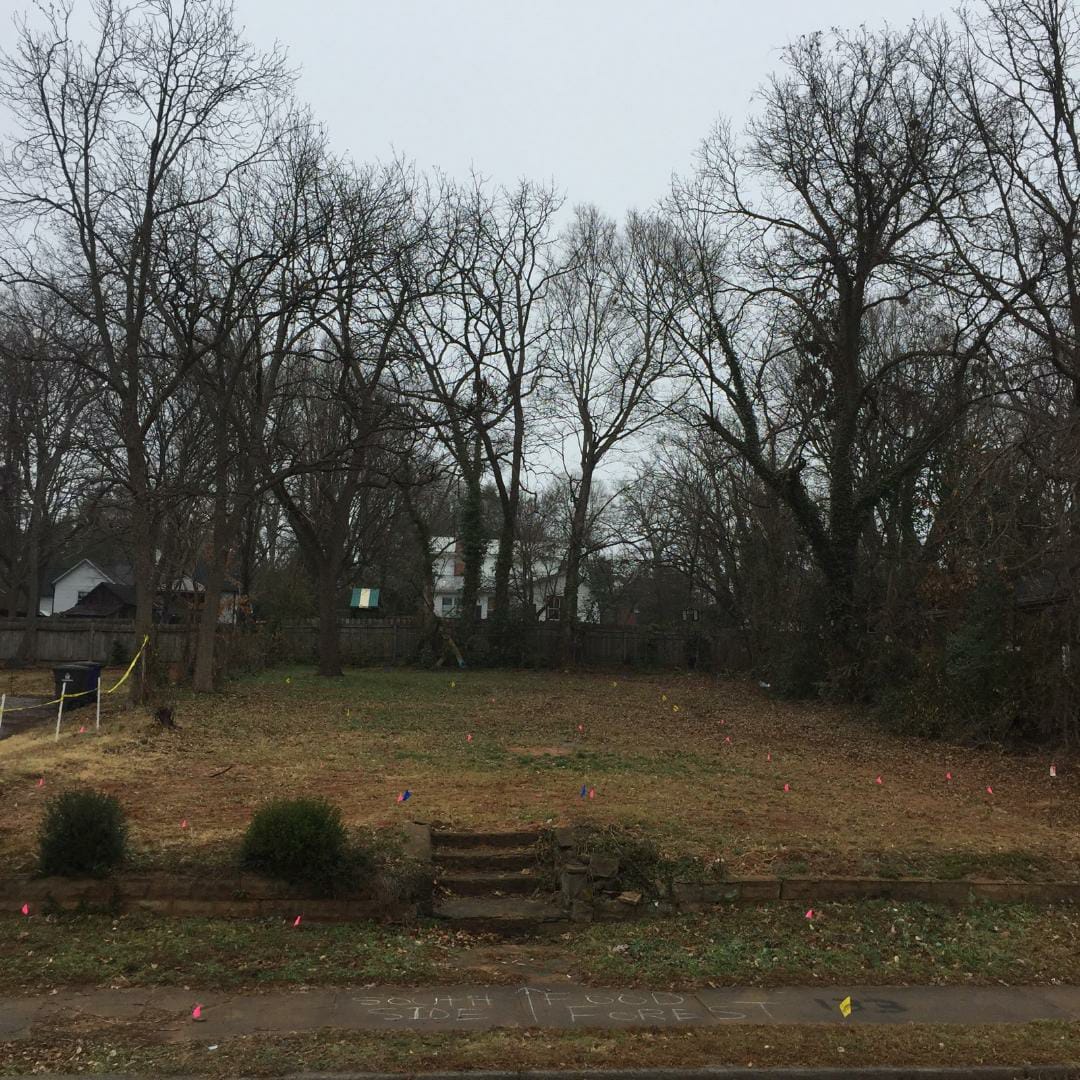Suburban Sustainability - Permaculture.
Can the typical American homeowner actually make a difference in climate change? This program investigates the impact of activities around the home that can make a difference and how much of a difference. From lawn care issues to carbon addition from travel choices.
1 in every 4 landfills is edible.
Meaning 28% of the contents of US landfills are either food or yard trimmings.
Today, 58 million Americans spend approximately $30 billion every year to maintain over 23 million acres of lawn.
The lawns in the United States consume around 270 billion gallons of DRINKING water a week: enough to water 81 million acres of organic vegetables, all summer long.
These same lawns make up about 1/12 the area of all U.S. farmland.
The pollution emitted from a power mower in just one hour is equal to the amount from a car being driven 350 miles.
Lawns use more equipment, labor, fuel, and agricultural toxins than industrial farming.
Lawns are the largest agricultural sector in the United States. 16,381,200 ha
90% water, ¼ acre generates 1 ton of clippings 108 lb/yd3
Lawns use ten times as many chemicals per acre as industrial farmland.
These pesticides, fertilizers, and herbicides run off into our groundwater and evaporate into our air.
They cause widespread pollution and global warming, and greatly increasing our risk of cancer, heart disease, and birth defects.
Permaculture is a scientific and artistic method for designing human settlements to meet humanity's basic needs (healthy food, clean water, shelter, energy, and community) in a way that not only "sustains" but actively regenerates biodiversity and natural resources.Permaculture is a philosophy of working with, rather than against nature; of protracted & thoughtful observation rather than protracted & thoughtless labor; of looking at plants & animals in all their functions, rather than treating any area as a single-product system.
This can be used to create urban greenspaces and even small parks that can double as food forests if fruit and nut producing plants are used in the designs.
The Frölich Institute has been approached to support one such project on the south side of Winston-Salem, NC.
Designs are currently underway for transforming a small plot of vacant residential land into an urban greenspace.


